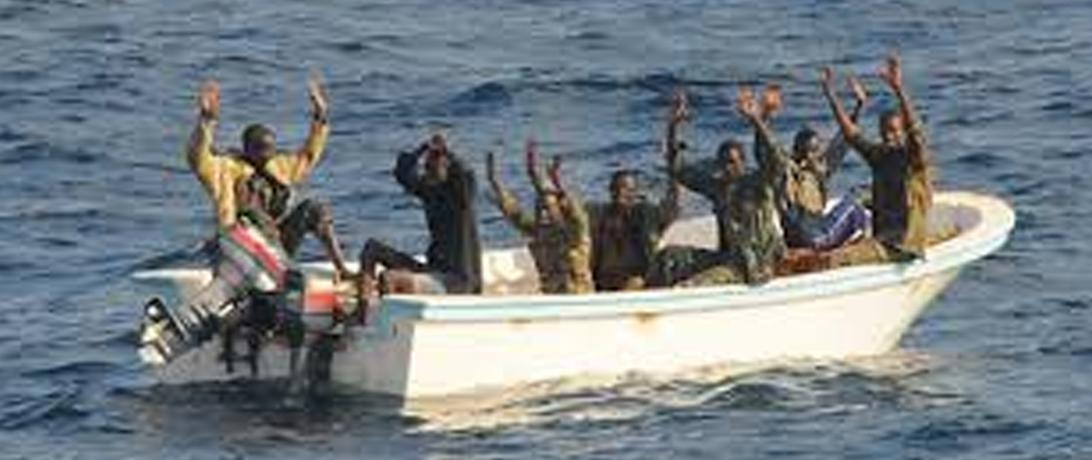Maritime piracy is by definition a crime of the sea, but one that has deep roots on shore. Pirates need safe havens that provide them with vessels and supplies—and, crucially, ways of getting their stolen goods to market.
Understanding this, governments have traditionally combatted piracy not only with warships but also with boots on the ground.So when pirates began wreaking havoc along a major international shipping route off the coast of Somalia in 2007 and 2008, at least some were expecting governments to take a similar approach. John Bolton, a former U.S. ambassador to the United Nations, called for an invasion of Somalia that would “end the problem once and for all.”
But in a departure from precedent, governments took a different path. In a blog I posted today on Foreign Affairs, I explore how The Contact Group on Piracy off the Coast of Somalia's efforts undermined piracy on multiple fronts in a manner far more sustainable than military force.
